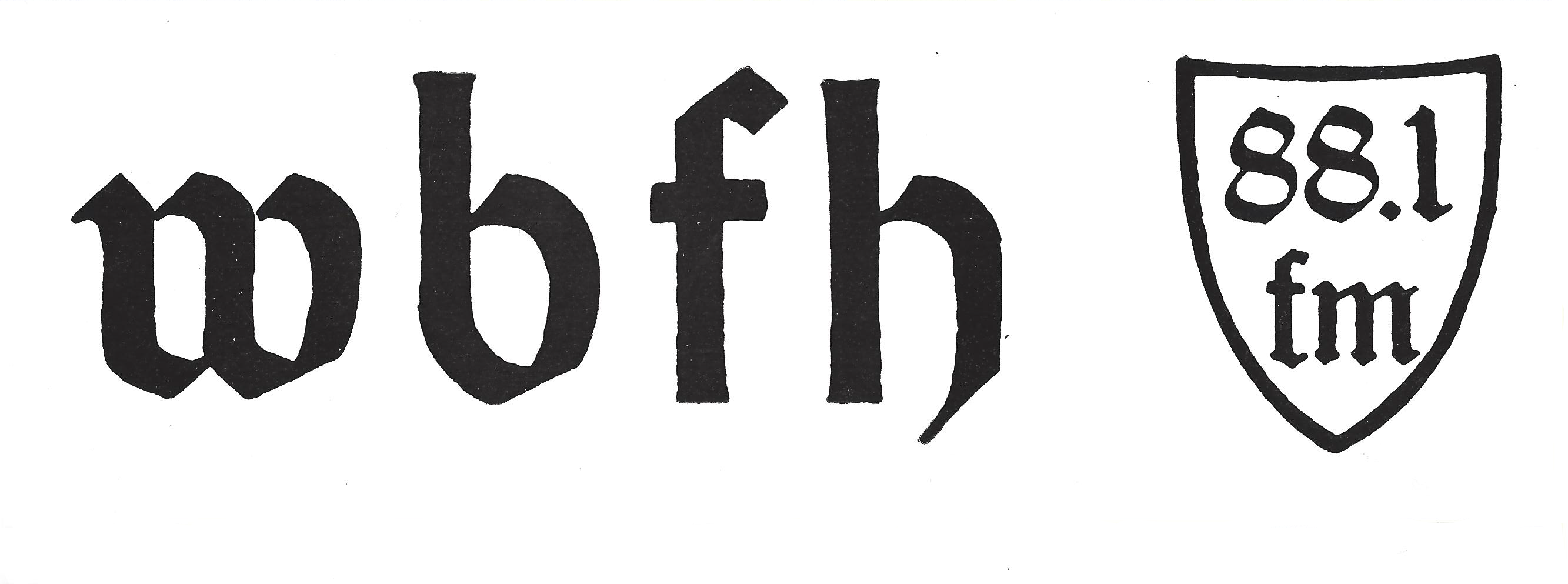
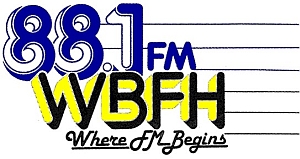
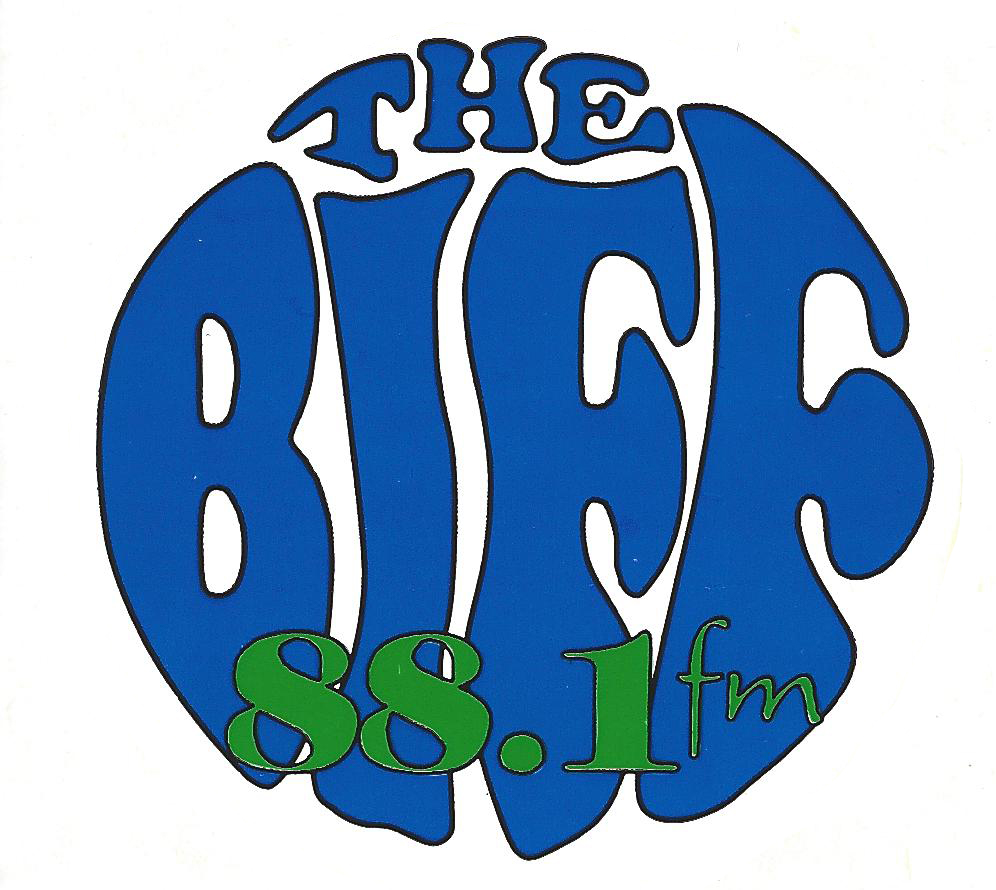
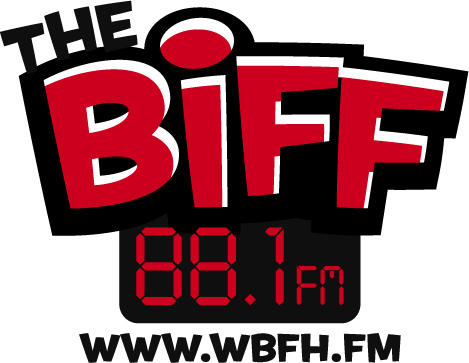
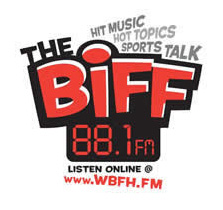

The world has changed tremendously since October 1, 1976, the day that Pete Bowers flipped the switch on an RCA 10-watt transmitter to launch WBFH’s inaugural broadcast. No staff member present that day could have imagined what an impact the station would go on to have in launching countless communications careers. It was a joyful, yet inauspicious beginning.
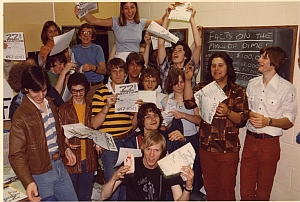
Back then, AM radio still ruled the airwaves with WJR, WCAR and CKLW battling for listeners, while WABX, WWWW and WRIF were quickly gaining traction and pulling ears away. Disco music was beginning to take the nation by storm.
Michigan was one-month-away from approving a ballot proposal to ban throw-away beverage containers.
The Tigers rookie pitching sensation, Mark “The Bird” Fydrich, was wrapping up a year in which he notched 19 wins, while his teammates also excelled: Ron LeFlore with a .316 batting average, Jason Thompson with 17 home runs and Rusty Staub with 96 RBIs.
The year was tragic; continued fallout from the PBB livestock contamination disaster was affecting the food supply. PBB was the flame-retardant chemical that was accidentally mixed with animal feed and then distributed widely throughout Michigan. Also, a two-month-long forest fire, lasting from July through September, blackened over 65,000 acres of the Seney National Wildlife Refuge in Michigan's upper penninsula.
This was the year that Michigan’s favorite son—and President of the United States—Gerald R. Ford would lose to Georgia Governor Jimmy Carter in the November presidential election.
It was a great year for music. Some of the songs heard that fall included Love Machine by The Miracles; Live Bullet, the Bob Seger live album that was recorded at Cobo Arena; Detroit Rock City by KISS; Free-for-All by Ted Nugent, an album that was released that October and went platinum; Songs in the Key of Life by Stevie Wonder; and The Wreck of the Edmund Fitzgerald by Gordon Lightfoot.
Within these web pages, you will find documents, photos and so many memories which mark the decades since Sign-On Day. It’s a charming illustration of how WBFH has grown from a tiny, “10-watt Big Shot” to one of southeastern Michigan’s outstanding community radio stations.
This is the story of The Biff.